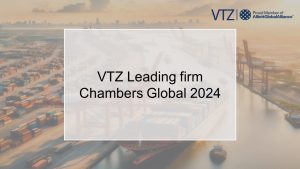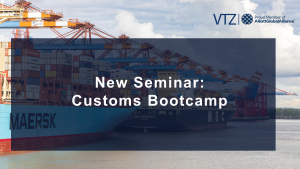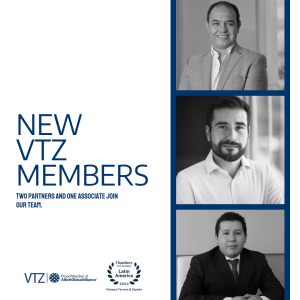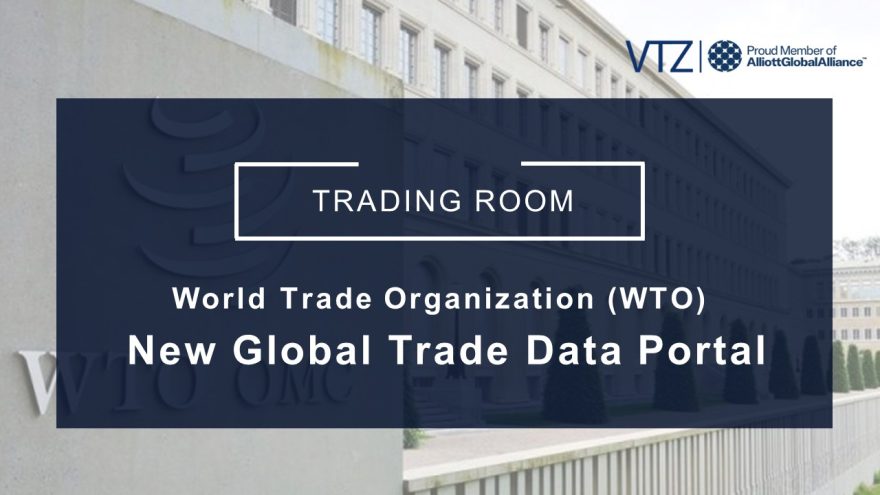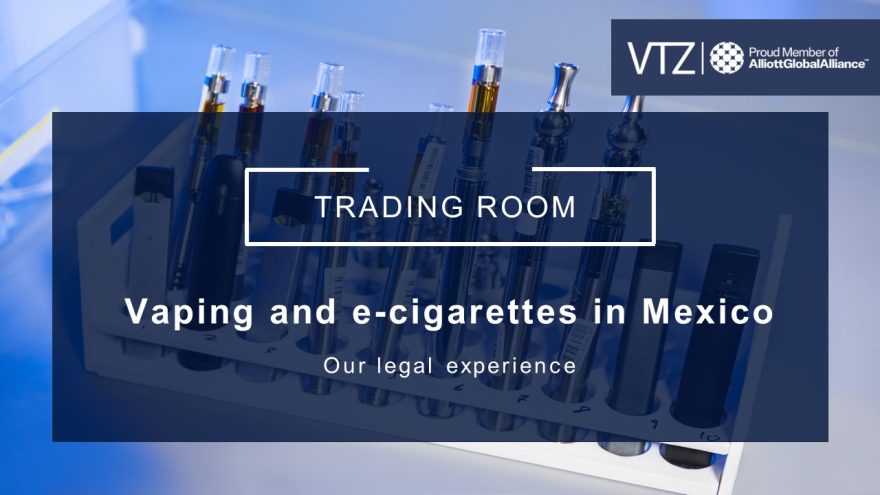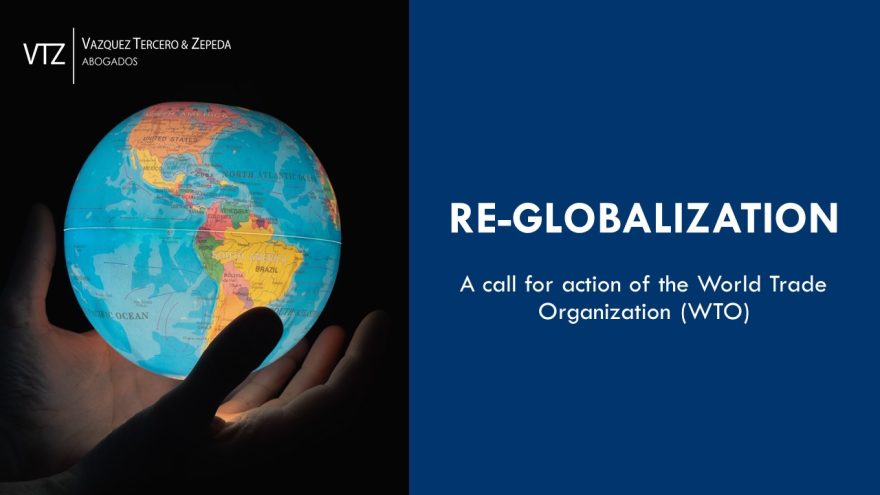Consultations on the Application and Interpretation of the Rules of Origin in the Automotive Sector
Pursuant to Article 31.4 of the USMCA, on August 20, 2021, the Mexican Ministry of Economy, formally requested consultations with the Government of the United States regarding conflicting positions on the interpretation and application of the rules of origin applicable to the automotive sector.
The objective of the consultations is to reach an agreement on the «correct» way to account for the regional value content (RVC) of motor vehicles produced and marketed under the USMCA.
The Problem of the Auto-Rule of Origin.
According to the Ministry of Economy, the Automotive Rules of Origin of USMCA allow the use of «roll-up» methodologies. This means that the super-core parts (e.g. engine, body and chassis, suspension, etc..) that have qualified as originating, upon meeting the RVC threshold of 75%, must be considered as fully originating (100%) in the calculation of the total RVC of the finished vehicle.
On the other hand, the United States considers that the Rules of Origin cannot be interpreted in this way. According to the US interpretation, the specific RVC percentage of each core part that makes up the finished automobile must be taken into account when calculating the total RVC.
Implications of the Consultations
In this regard, Adrían Vázquez, our managing partner, shared his thoughts on social media regarding the consultations, highlighting section 14.1 of the Uniform Regulations of the USMCA that states the following:
«…if production carried out on non-originating materials results in the production of a good that qualifies as originating, the non-originating material contained therein shall be disregarded if that good is used in the subsequent production of another good.»
Our partner agrees with the Ministry’s interpretation, but he notes that:
Relevance of the Interpretation
During the renegotiation of NAFTA, now USMCA, the parties agreed that the total RVC required would gradually increase from 66% to 75% by 2023 for preferential tariff treatment.
Therefore, as 2023 approaches, Mexico, as the leading automotive exporter under the USMCA, must resolve this discrepancy in order to provide certainty to the Mexican automotive industry.
Canada Joins Consultations
On August 26, 2021, Canada’s Government notified the U.S. of its intention to participate in the consultations to be held regarding the rule of origin applicable to light-duty vehicles and passenger trucks.
The Canadian government also indicated that it shares the Mexican government’s interpretation of the total RVC calculation.
What 's Next?
The U.S., Mexican and Canadian governments have 75 days to resolve the dispute. At the end of this period, if no agreement is reached, Mexico and Canada may request the establishment of a Panel to decide on the matter, whose decision will be binding.
Sources: El Economista, El Economista.
Leading International Trade / WTO Lawyers - Chambers 2022
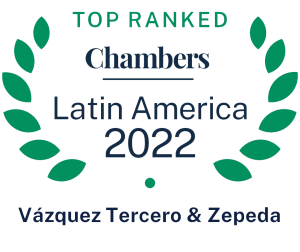
The Chambers and Partners Latin America 2022 ranking, published on August 26, 2021, ranks Vázquez Tercero & Zepeda (VTZ) as a leading international trade law firm by being listed in Band 1 for International Trade/WTO.
Chambers also distinguished Adrian Vazquez, Managing Partner of VTZ, as a Band 1 lawyer for his outstanding performance and experience in international trade and customs practice; and Eduardo Zepeda, partner of VTZ, as a Band 4 lawyer for his expertise in maquiladora, IMMEX, and customs matters.
Rapid Response Labor Mechanism - CANACINTRA
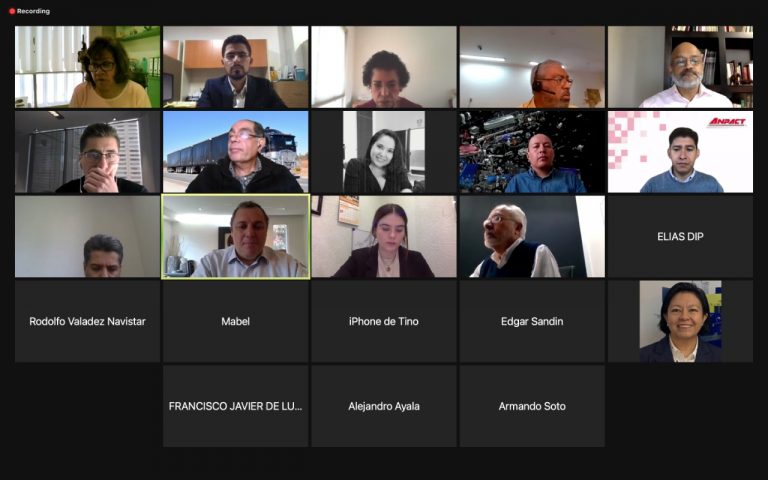
Last Thursday, August 26, 2021, Emilio Arteaga presented the cases of the rapid response labor mechanism at CANACINTRA’s monthly automotive industry meeting. In his presentation, our partner shared perspectives, problems, and recommendations. The presentation in Spanish is available here:



